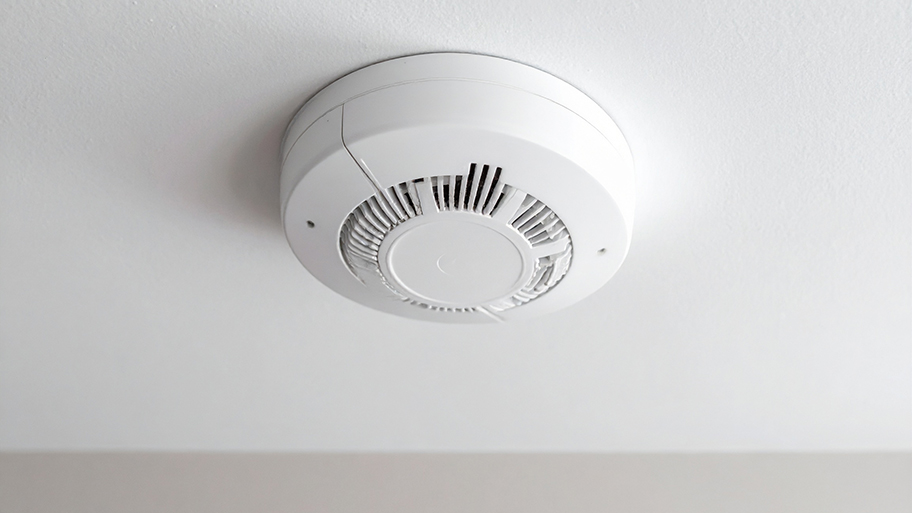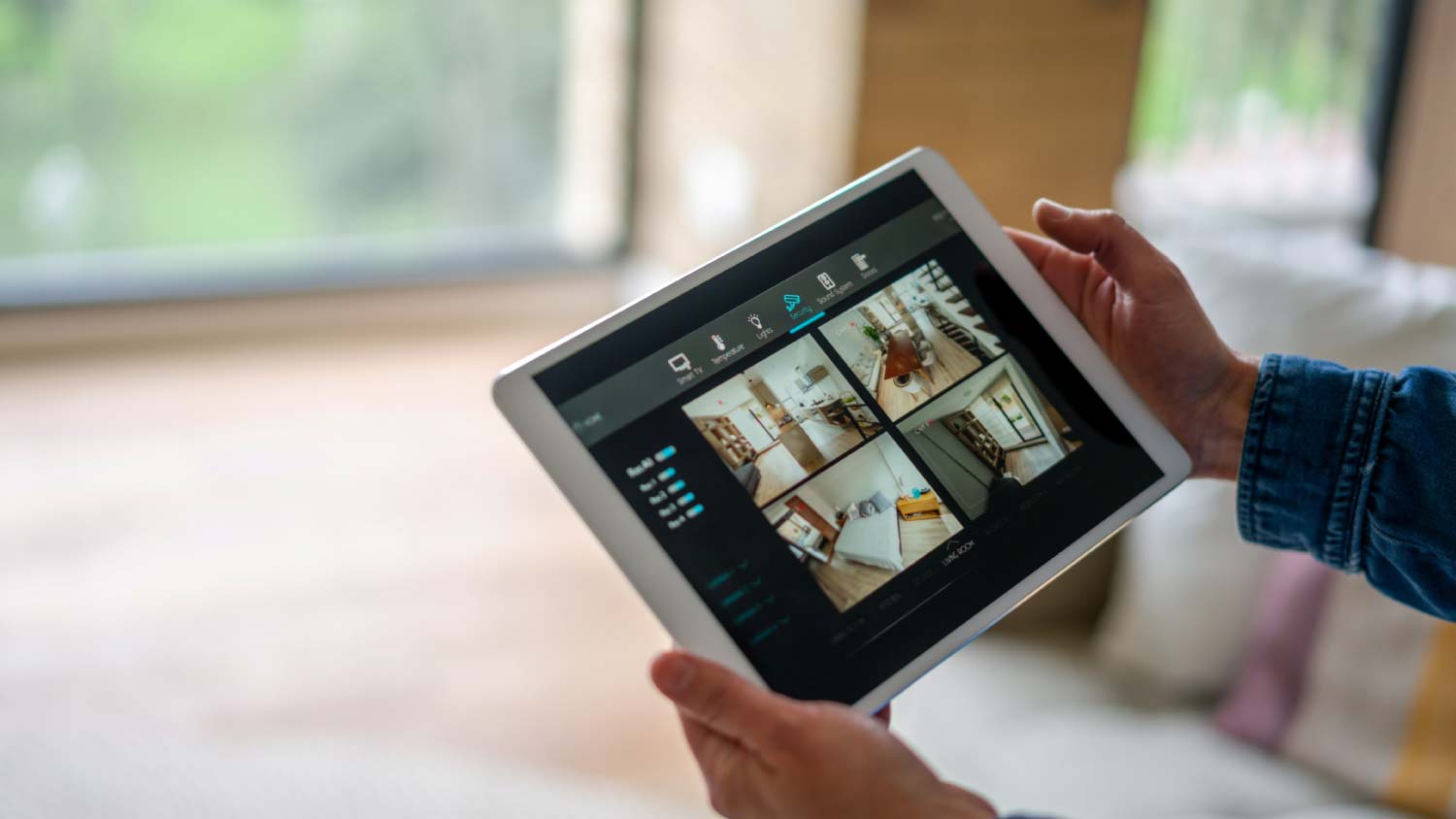
Discover how much smoke detector installation costs. Understand your out-of-pocket expenses so you can protect your family and home.
Security systems aren’t a one-and-done investment


Wireless systems are a must to avoid tampering.
Your security provider should offer upgrades to avoid weak points in your system.
Your system should have 24/7 professional monitoring.
You should get immediate alerts when your system has a malfunction.
Just because it’s technically a security system doesn’t mean it offers best-in-class protection. Modern innovations have made it easier than ever to protect your home and stop crime like package thefts before it starts.
So, is your security system outdated? We’ve got your answers on lock. Here are seven signs that it’s time to upgrade to a more modern security system.
Perhaps that old wired alarm system has always done what you needed it to, but it has a major weakness that you can’t ignore. Wherever there are wires, there is a threat of them getting tampered with. Wireless security systems are the modern standard for a reason—no matter what happens, that footage will still exist somewhere. And you can install a home security system on your own with a DIY-friendly wireless kit.
When you interview a potential security provider, they should offer to install your equipment upfront, as well as continue to monitor and provide additional support. A typical security contract will last one to two years, at which point you can choose to make changes.
Typically, there will be some notable upgrades for outdated software and technology, but that doesn’t always mean they are required. Conduct research and consult a specialist who can identify weak points in your system. A trusted local home security specialist can recommend changes that your system needs versus those that will not add value to your current setup.
If your security footage is a silent film, you can only make conclusions based on what you see. Without hearing conversations, you could miss crucial identifying information.
Modern security systems even have two-way audio capabilities. These offer the opportunity to remote in and provide verbal warnings that may stop intruders in their tracks.

Wireless and mobile security platforms allow the user to remote in at any time. This can help prevent false alarms by showing whether it’s necessary to contact authorities when the system goes off. Repeated false alarms can result in fines, so holding onto outdated technology could cost you. Plus, with smart home systems, you can remote in for important tasks like turning the lights on and closing your garage door.
If you need your strongest reading glasses to make out what’s on your security camera’s footage, it’s high time for an upgrade. Blurry or grainy footage is nearly impossible to use for proving guilt, especially these days where high definition is the standard.
Not having professional monitoring means you’re stuck being reactive instead of proactive. Sure, your DVR can prove activity—but it can’t call the cops for you and it certainly can’t protect your home or business. The presence of a security system alone often isn’t enough to deter crime, either. This is not to say you shouldn’t maintain recorded security camera footage, but you should also supplement it with features like live monitoring and interactive audio capabilities.
Technology can only go so far, and malfunctions are nearly inevitable. Modern security systems will send user alerts whenever there is an issue with the system. With this feature, you won’t get left wondering how long you’ve been without security if something goes wrong.
From average costs to expert advice, get all the answers you need to get your job done.

Discover how much smoke detector installation costs. Understand your out-of-pocket expenses so you can protect your family and home.

A security camera system gives you peace of mind that there’s always a watchful eye on your home. Learn the costs of installing surveillance cameras.

From warding off intruders to protecting from falls, bars on windows can make a home much more secure. Here’s how much it costs to install bars on windows.

From strategic lighting to a comprehensive security system, use this guide to create a safe outdoor space for your family and home.

Alarm systems can be useful for home security depending on the type. If you’re wondering do alarm systems deter burglars, keep reading to find out.

Stay warm and safe with these 9 essential space heater safety tips to prevent fires, protect kids or pets, and keep your home cozy all winter long.